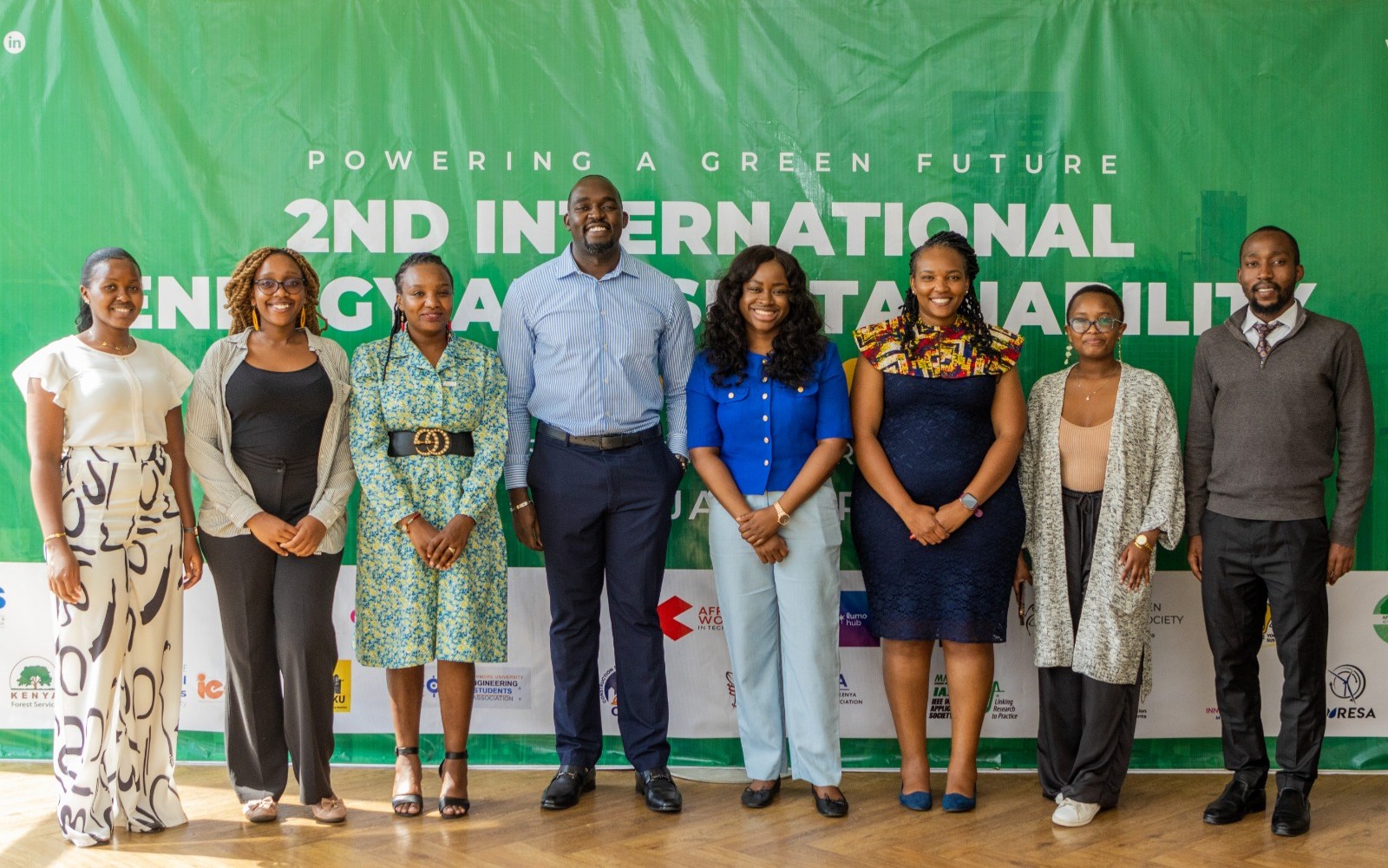Amidst the global acknowledgment of the effects of climate change, fostering sustainable green jobs emerges as a distinct opportunity to tackle both environmental challenges and youth unemployment. According to ILO, 72 million youths in Africa are not in education, employment, or training (NEET) representing more than one in every four youths. A huge gender disparity persists, given that two-thirds of this category of youth are women. Africa’s population is burgeoning, indicating that NEET figures will only increase unless immediate action is taken. Adverse climate change continues to exacerbate the situation and although Africa is the lowest greenhouse gas emitter, it bears the brunt of the adverse effects.
Community initiatives stand at the pillar of change toward a green economy with aquaculture emerging as a powerful tool. It addresses climate change while simultaneously promoting decent youth employment. Aquaculture is the practice of cultivating aquatic organisms in a controlled environment to achieve the desired growth rate in a specific time.
Jacob’s Ladder Africa (JLA) partnered with the Makueni County government to create 20 direct jobs for youth in two cohorts in this arid and semi-arid region by engaging in catfish farming. By harnessing the potential of catfish farming, this initiative aims to empower young men and women, including persons with disabilities, by engaging in sustainable farming practices while addressing the pressures of climate change and economic inequalities. As such, it offers a beacon of hope and resilience for the youth in the county.
Aquaculture programs play a vital role in ecosystem resilience. With a low carbon footprint compared to other forms of livestock production, aquaculture incorporates locally available materials and adopts sustainable farming practices. Moreover, by engaging the ecological functions of the marine environment the practice can be indispensable in carbon sequestration and nutrient cycling.
Fostering project ownership and pride is another impact of the Makueni program since the youths are involved in each production process, from breeding and pond construction to harvesting. Through hands-on training and mentorship organized by JLA, the youths develop valuable skills in entrepreneurship, aquaculture management, and leadership, forging the path for future success and self-reliance.
The numerous benefits mentioned above can be conferred even in regions with limited water and warm temperatures, characteristic of ASAL regions. In Makueni, catfish farming is being conducted in small-scale ponds requiring minimal water input unlike traditional agriculture that uses extensive irrigation. Moreover, JLA is empowering youths and communities to embrace water harvesting techniques such as the use of water tanks to harvest rainwater, a move that takes advantage of rains and minimizes costs incurred through water purchase.
However, the successful completion of a project hinges on continued support and collaboration from government agencies, private sector, and non-profit organizations. By investing in infrastructure development, capacity building, and market access for small-scale aquaculture producers, stakeholders can unlock the full potential of this sector and catalyze inclusive economic growth.
The catfish aquaculture project exemplifies the transformative power of community-driven initiatives in addressing the dual challenges of youth unemployment and environmental degradation. By empowering youth and promoting sustainable livelihoods, the initiative not only improves the lives of individuals but also fosters resilience and prosperity in communities for generations to come; preparing the workforce for a stronger green economy.






